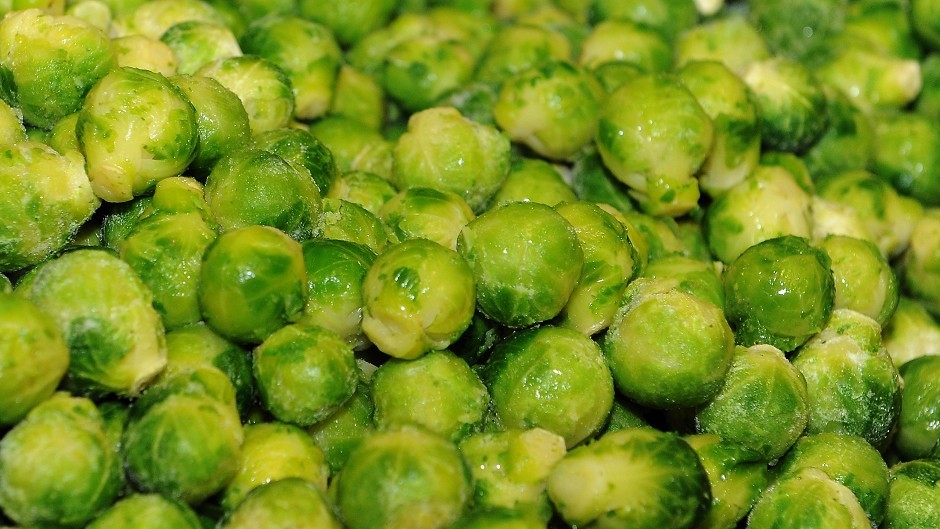Love them or loathe them, Brussels sprouts will be on most Christmas tables this weekend.
And now, scientists at Aberdeen University have revealed the festive vegetables could offer a way of tackling Alzheimer’s disease.
The sprouts contain a nutrient which they believe combats neurological disorders, including dementia.
They are in the process of creating a supercharged version of the acid produced by vitamin A-rich vegetables such as sprouts, carrots, spinach and tomatoes.
And trials could begin in the next two years.
In the human body, vitamin A is turned into retinoic acid, which then interacts with specific receptors and plays a vital role in the central nervous system.
It is particularly important for the eye and brain as the embryo is developing.
In the adult brain, the acid is believed to play a different, more ‘focused’ role with suggestions it could affect neural disorders, both degenerative and psychiatric.
Professor Peter McCaffery of Aberdeen University, explained: “When we eat brussels sprouts, it increases the amount of this acid in the brain.
“We are not saying doubling your portion of sprouts over Christmas will stop you getting Alzheimer’s.
“That would be the wrong message. But they are good for the body, so that means they are good for the brain.
“The compound we are developing works on exactly the same receptors as the acid from brussels sprouts.
“We are basically trying to create a massively amplified version of what vitamin A already does for the body.
“By exploiting the natural consequences of retinoic acid by creating a synthetic alternative, we hope to be able to create a new therapeutic which could be used to help people with Alzheimer’s disease.”
His team and experts at the University of Durham and chemical development company High Force Research are involved in a £250,000 two-year project, funded by the Biotechnology and Biological Sciences Research Council.
They have designed synthetic versions of retinoic acid that interact with the body’s natural receptors in the brain in an even more powerful way than the regular type.
They hope to progress to therapeutics – mainly for Alzheimer’s but potentially Parkinson’s disease and other neurodegenerative conditions.
Prof McCaffery will work alongside Dr Iain Greig and Prof Bettina Platt in Aberdeen and Prof Andrew Whiting from Durham University.
There are 850,000 people in the UK living with dementia, a figure forecast to rise to more than a million by 2025, and over two million by 2051.
